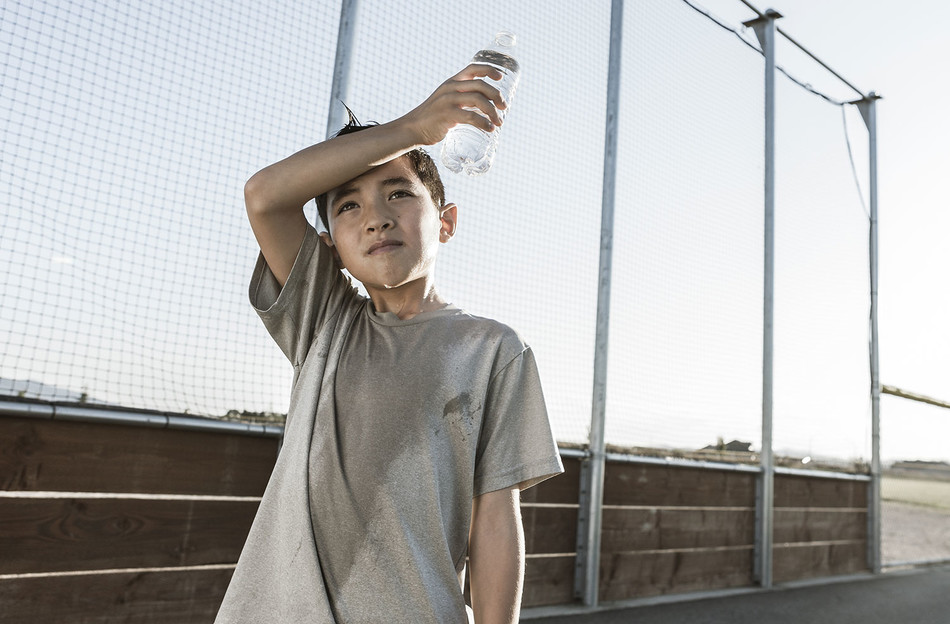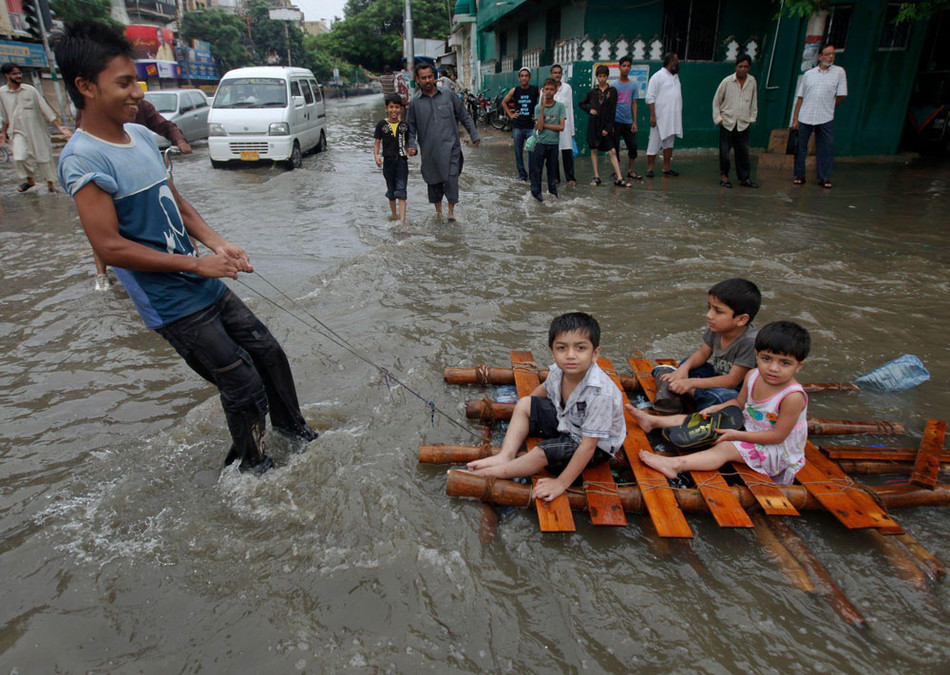Diseases spread by mosquitoes migrating northward. Fatal cases of heat stroke. Hunger brought on by crop failures. Psychological trauma from hurricanes, floods, and other extreme weather events. The public-health effects of climate change are irrefutable, so much so that more than two hundred medical journals recently issued a joint statement declaring global warming the greatest threat to human health worldwide. And while climate change affects everyone, studies show that kids bear the brunt of the harm.
“Children’s bodies and minds are exquisitely sensitive, and we’re finding that exposure to extreme weather and other climate hazards can disrupt their development in surprising ways, with potentially lifelong health consequences,” says Frederica Perera ’81PH, ’12SW, a professor of environmental health sciences at the Mailman School of Public Health and the founder of the Columbia Center for Children’s Environmental Health.
In a recent review article in the New England Journal of Medicine, Perera and Stanford pediatrician Kari Nadeau show that millions of children around the world are experiencing physical or mental-health challenges at least partly attributable to fossil-fuel emissions and global warming. Some casualties of climate change are heartbreakingly obvious. Thousands of kids have died in record-breaking floods. Many more have gone hungry because of persistent droughts. But if you look closer, you see more subtle and insidious effects. “The face of global warming is also the kid in California who’s suffering anxiety following a wildfire, the child in Mexico who’s unable to concentrate in school after a sleepless night in the stifling heat, and the teenager in Harlem using an inhaler to treat asthma,” says Perera.
Deadly heat exposure, once a concern mainly for older adults, is also a threat. Perera points to a growing number of student-athletes who have died of heat exhaustion while competing, as well as more young children being hospitalized for heat stroke. “Parents are often unaware of the risk, because they don’t recognize that children are less capable of regulating their body temperature,” she says.
Perera’s own research focuses on the effects of air pollution on early childhood development, and in her new book Children’s Health and the Peril of Climate Change, she warns that climate change acts as a “threat multiplier,” exacerbating the deleterious effects of air pollution. She notes that a child exposed to high concentrations of airborne pollutants in the womb (inhaled by the mother) or in infancy is already at increased risk of asthma, cognitive delays, and behavioral problems. But if a child who lacks access to clean air has had the added misfortune of being born to a woman who lived through an intense heat wave while pregnant, that child’s chances of developing health problems increase, studies suggest. The same is true of a baby whose mother endured an extraordinarily stressful event, like a climate disaster that forced her to flee her home, during pregnancy.
“The fetus is particularly sensitive to changes in the mother’s body resulting from extreme heat and psychological stress, which along with air pollution can cause inflammation,” says Perera. “And it appears that these risk factors may interact synergistically.”
Children are uniquely vulnerable to environmental threats in part because they breathe more air relative to their body weight, which increases their sensitivity to air pollution, and in part because their bodies require more nutrients and fluids, which increases their susceptibility to malnutrition and dehydration. Children are also more prone to psychological trauma following extreme weather. And when climate disasters do strike, they often impact families in socioeconomically disadvantaged areas because they’re likely to be prone to flooding, oppressive heat, pollution, and other dangers. “Those who have the fewest resources to cope and recover are often the most at risk,” Perera says. “It’s a downward spiral.”
This article appears in the Fall 2022 print edition of Columbia Magazine with the title "Climate change endangers every child’s health."




